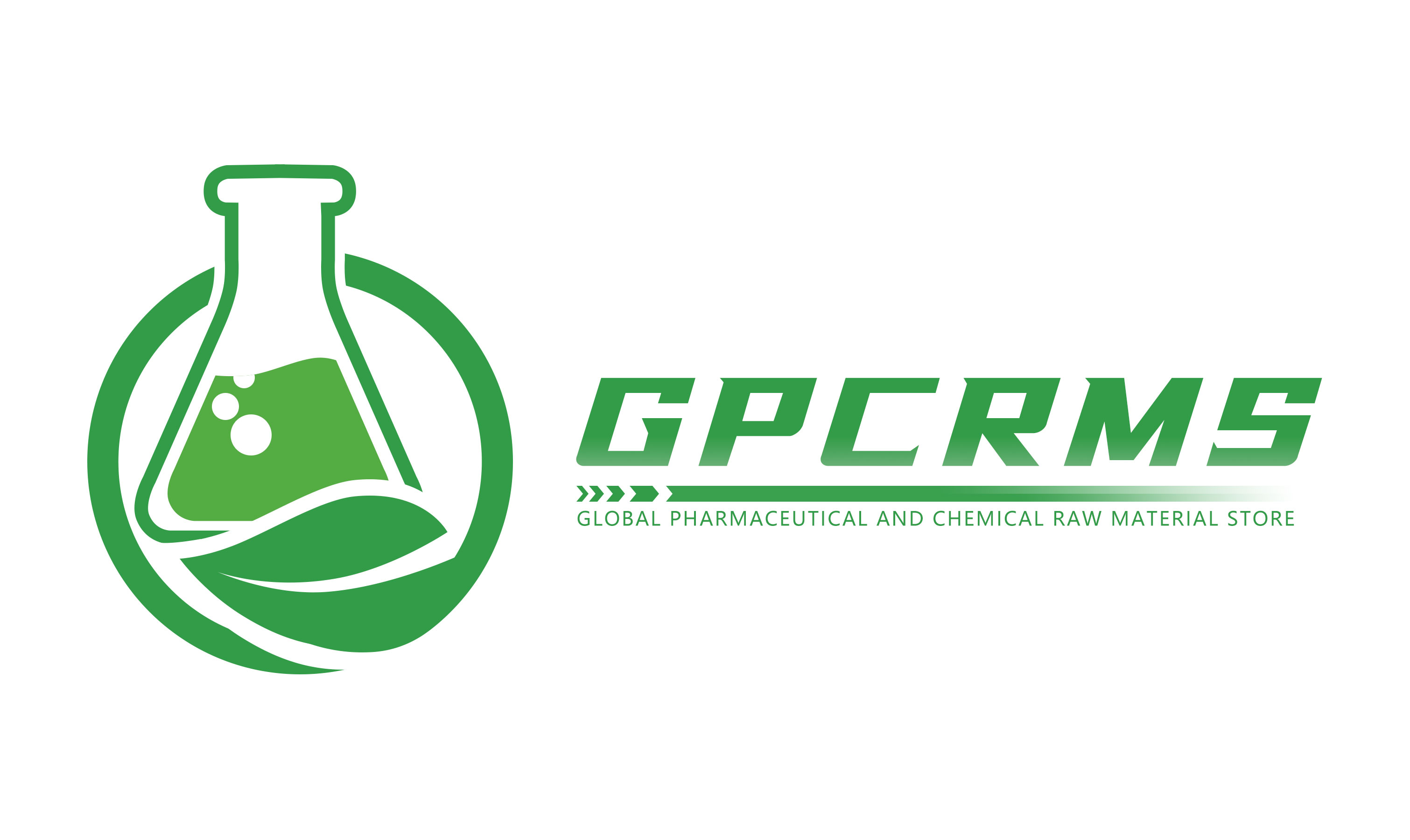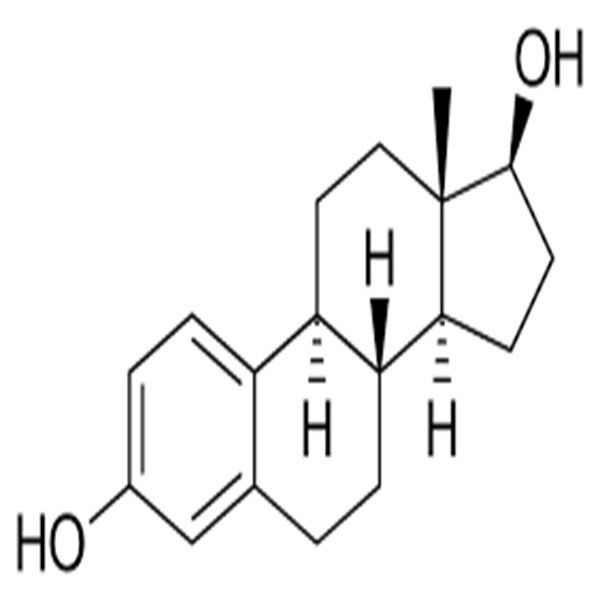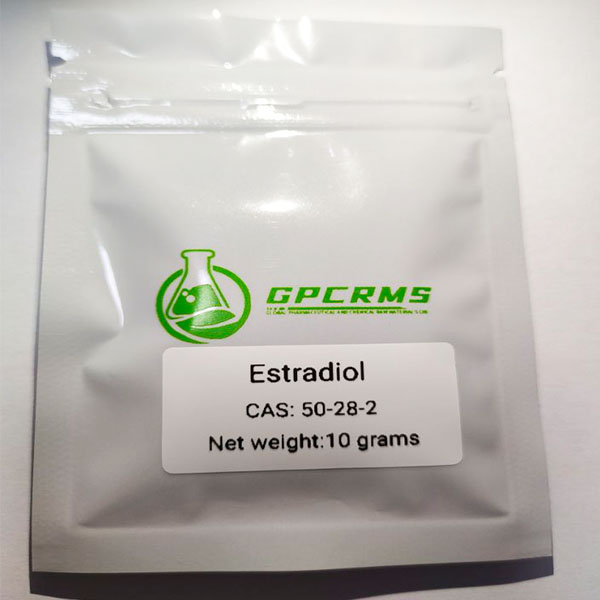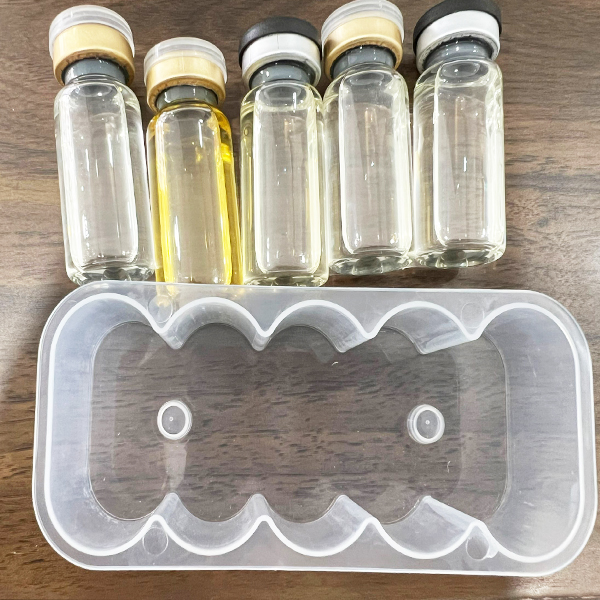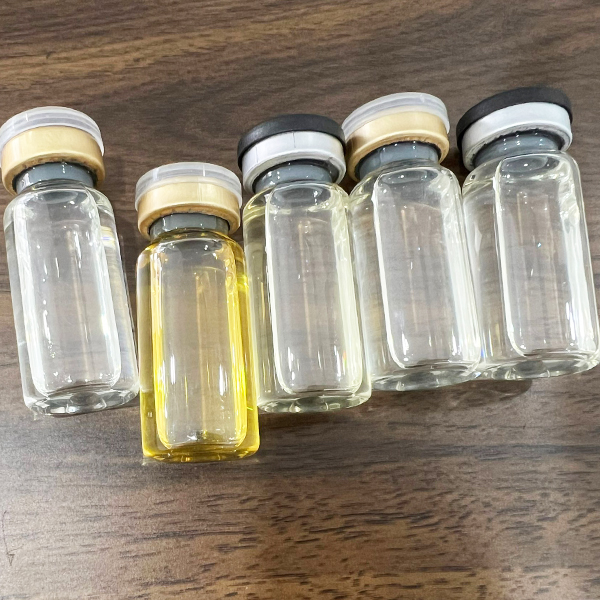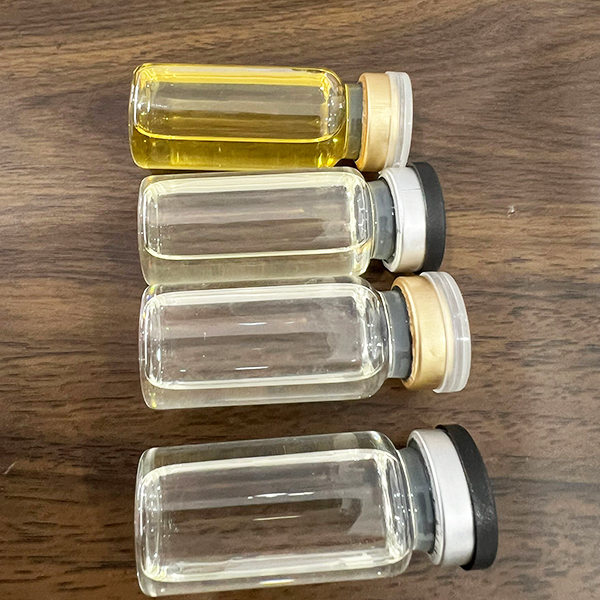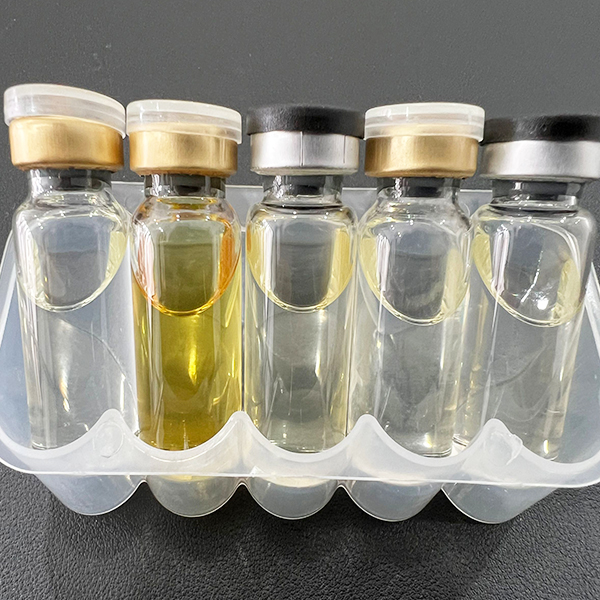Estradiol is the main estrogen in the human body, which plays a key role in the development and function of the female reproductive system. In men, Estradiol is also present and is converted from testosterone, and despite its lower levels, it still plays an important role in men's health.
Who needs to use estradiol?
Estradiol is the most important estrogen in the body, which plays an important role in regulating the female reproductive system, maintaining bone health and regulating emotions. Some people need to use exogenous Estradiol to supplement or replace insufficient estrogen levels in the body. The following are the common people who need Estradiol:
Menopausal women
During menopause, estrogen levels in a woman's body drop significantly, leading to a range of menopausal symptoms such as hot flashes, night sweats, vaginal dryness, osteoporosis, and more.
Postmenopausal hormone replacement therapy (HRT) : Using Estradiol can help relieve menopausal symptoms and improve quality of life. It can also help prevent osteoporosis and reduce the risk of fractures.
Early menopause or removal of ovaries: Some women require exogenous estrogen supplementation due to loss of ovarian function or surgical removal of their ovaries, resulting in a sharp drop in estrogen levels.
Ovarian insufficiency or developmental delay
Some women due to genetic or disease factors lead to insufficient ovarian function, insufficient estrogen production, may have menstrual disorders, stunted growth, infertility and other problems.
Ovarian insufficiency: Such as Turner syndrome or primary ovarian insufficiency, estrogen therapy can help women develop normally, induce secondary sexual characteristics, and maintain the normal function of the reproductive system.
Transgender Women (MTF)
Transgender women (i.e., people who identify as female and are born male) often use Estradiol for hormone replacement therapy during gender transition to help them develop female sexual characteristics.
Estrogen replacement: With Estradiol, transgender women can promote breast development, reduce body hair, soften skin, redistribute fat, and adjust body shape to make it more feminine.
Polycystic ovary syndrome (PCOS)
Polycystic ovary syndrome is a common endocrine disorder that affects a woman's hormone levels, leading to irregular menstruation, infertility, and hyperandrogen.
Regulation of menstrual cycle: Estradiol is often used in combination with progesterone to help regulate women's menstrual cycle, restore normal estrogen-progesterone balance, and reduce PCOS-related symptoms.
Women with thin endometrium
In some infertility treatments, a woman's endometrium may not be sufficient to support embryo implantation. Estradiol can be used to increase endometrial thickness and enhance the possibility of implantation.
Assisted reproductive treatment: During in vitro fertilization (IVF), Estradiol helps regulate and promote the growth of the endometrium, providing an environment suitable for embryo implantation.
People with osteoporosis
Estrogen plays an important role in maintaining bone health, especially promoting the maintenance of bone density. After menopause, women have an increased risk of bone mineral density loss, which can lead to osteoporosis.
Osteoporosis prevention and treatment: For postmenopausal women at risk for osteoporosis, Estradiol can help maintain bone density and reduce the risk of fracture.
Women with low estrogen levels
Some women may have low estrogen levels due to genetics, disease, or other reasons, such as long-term use of certain medications. Low estrogen levels can lead to menstrual disorders, bone loss, vaginal dryness and other symptoms.
Low estrogen-related symptoms: Use of Estradiol can restore normal estrogen levels in the body, improve related symptoms, and maintain the health of the reproductive system and bones.
People with gonadal hypoplasia or postcastration
Some people lose gonadal function due to disease or surgery (such as ovary removal for cancer) and are unable to produce enough estrogen on their own. Such patients need Estradiol to replace the effect of natural estrogen and maintain normal hormonal balance and physiological function.
Postmenopausal women at high risk for cardiovascular disease
Estrogen has a protective effect on the cardiovascular system in women, and decreased estrogen levels after menopause may increase the risk of cardiovascular disease.
Cardiovascular protection: In some cases, the use of Estradiol can help maintain blood vessel elasticity, lower cholesterol levels, and reduce the risk of cardiovascular disease.
People who receive certain treatments that result in estrogen deficiency
Certain cancer treatments (such as radiation and chemotherapy for breast or ovarian cancer) can cause premature ovarian failure or decreased estrogen levels. Such patients may need Estradiol supplementation to alleviate the side effects of hormone deficiency.
Do men need to use estradiol?
Men generally do not need additional Estradiol supplements because they have lower levels of naturally occurring estrogen in their bodies and rely primarily on the conversion of testosterone into small amounts of estradiol to maintain physiological balance. However, in some specific cases, men may consider using Estradiol or receiving related treatments. These cases are rare and usually occur under medical supervision. Here are some special cases where Estradiol may be required:
Transgender women (MTF, Male to Female)
Hormone replacement therapy (HRT) : Transgender women (born male, but identified as female) often need to use Estradiol during gender transition in order to promote the development of female secondary sexual characteristics. This includes feminizing changes such as breast development, reduction of body hair, softening of skin, and redistribution of fat. Estradiol is used in this population to inhibit the action of androgens and achieve the goal of gender confirmation by regulating hormonal balance in the body.
Castration or loss of gonadal function
Gonadal loss: Due to disease, surgery, or radiation, some men may have lost testicular function (such as orchiectomy), resulting in a severe drop in testosterone and estrogen levels. Estradiol may be used to maintain hormonal balance in the body to prevent menopause-like symptoms, such as bone loss and mood swings.
Osteoporosis
Bone health: Estrogen plays an important role in maintaining bone density. While men rely primarily on testosterone to maintain bone density, in some cases (such as osteoporosis due to aging or testicular dysfunction), using small doses of Estradiol can help strengthen bone density and reduce fracture risk.
Adjunct to low testosterone therapy
Regulation of hormone replacement therapy: Sometimes, men have high levels of testosterone in their bodies when they undergo testosterone replacement therapy, which can lead to high levels of estradiol (converted into estradiol by testosterone). Therefore, some people may use anti-estrogen medications to prevent high estrogen levels. However, some men may experience low estradiol during long-term testosterone replacement therapy, which can affect sexual function, mood, bone density, and so on. At this point, a small dose of Estradiol may be used to restore hormonal balance.
Menopausal symptoms (male)
Male menopause: As men get older, their testosterone levels gradually decline and sometimes they experience symptoms similar to female menopause, such as fatigue, depression, mood swings, bone loss, etc. This stage is often referred to as "male menopause" (or partial hypogonadism in men). While testosterone replacement therapy is the primary form of treatment, in some rare cases Estradiol may be used as an adjunct therapy to relieve symptoms, especially when bone density loss or mood swings are evident.
Product Name:Estradiol
CAS No:50-28-2
Molecular formula: C18H24O2
Molecular weight: 272.39
Appearance:white powder
Purity: 99%
Packing: 10g
Storage: Shading, confined preservation
